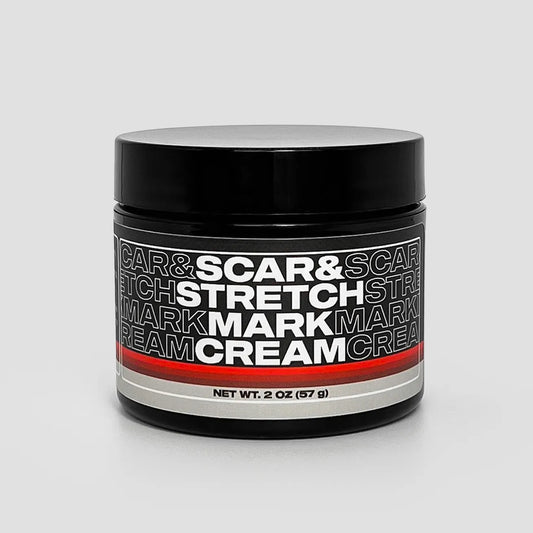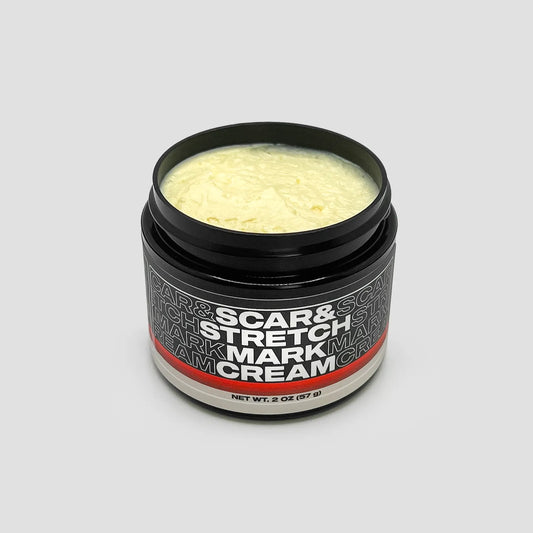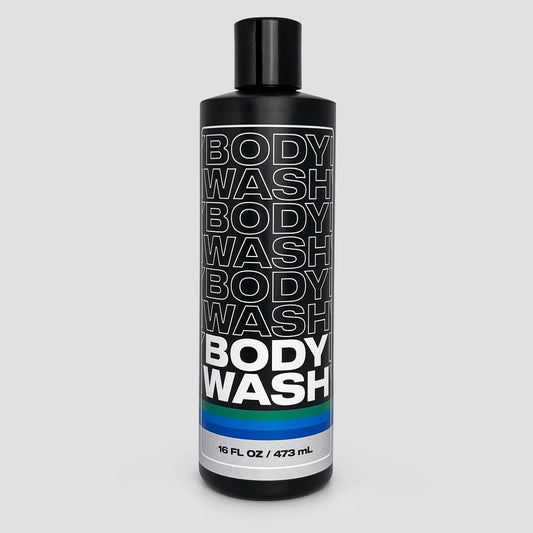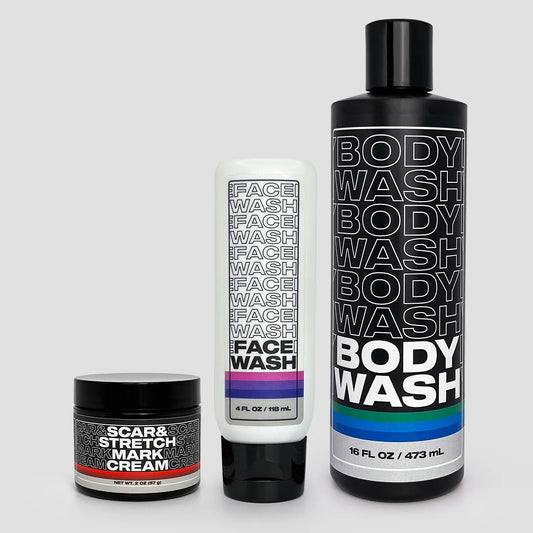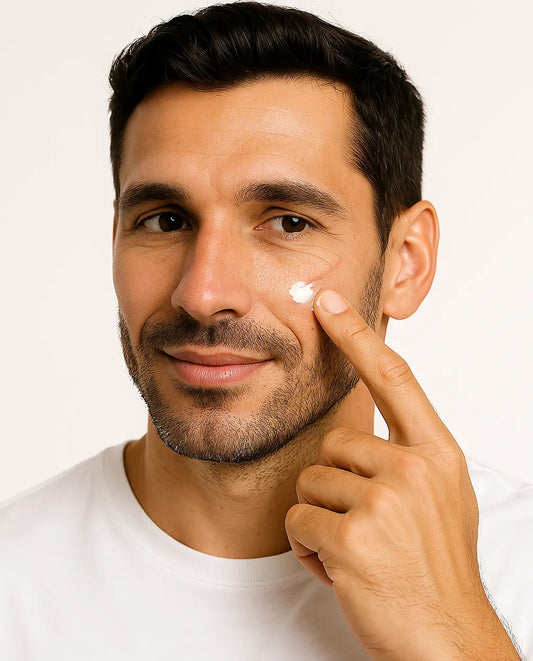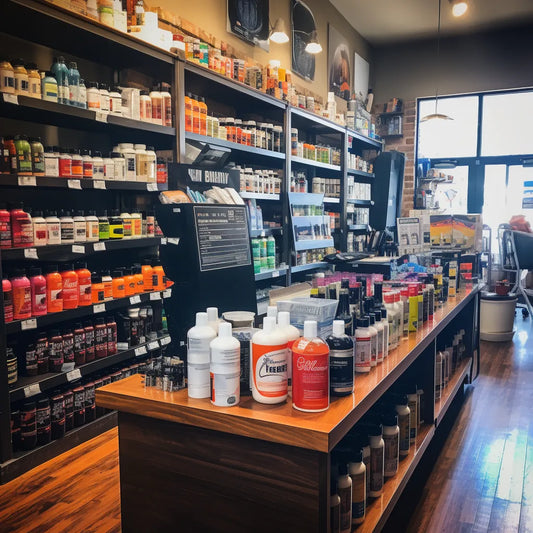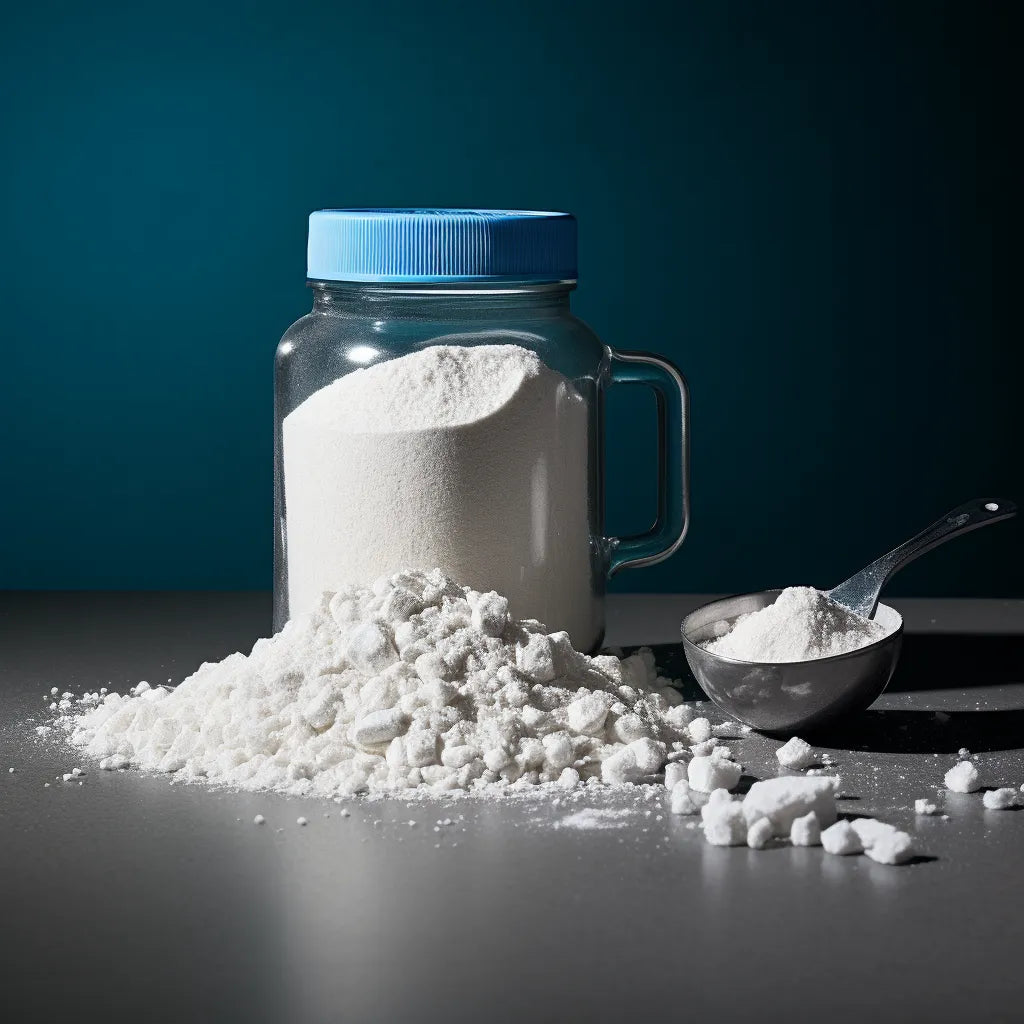
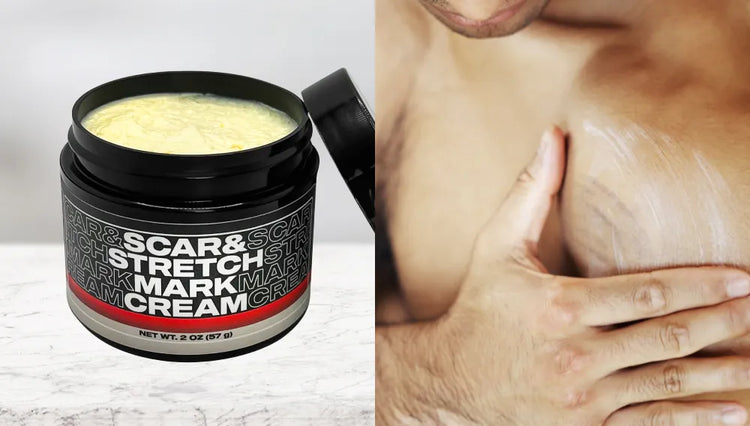
Have you been wondering if taking creatine can cause bloating? You're not alone. Men who are into fitness often consider using creatine for its muscle-building benefits. But, one common concern seems to persist - bloat.
We're here to delve into the topic, evaluating the relationship between creatine and bloating, and we're bringing the facts, broken down in an easy-to-understand, bold, and confident way, just like you.
This article will provide answers to your bloating concerns, looking at what creatine is, how it works in the body, and finally, the truth about creatine and bloating.
Stick with us to the end, and you'll not only have answers, but gain insight into managing your nutrition and supplement intake for optimize your workouts and muscle recovery.
What Is Creatine and What Does It Do?
Creatine is a substance that's found naturally in our bodies, predominantly in muscle cells. It's involved in producing energy rapidly when you're performing high-intensity, short-duration exercises like weightlifting or sprinting. While our bodies produce some, it can also be obtained from certain foods (like meat and fish) or supplements. For athletes striving for better performance and muscle growth, creatine supplements can be a game-changer due to its proven benefits on muscle gain and strength.
Does Creatine Cause Bloating?
Here's where things get tricky. It's commonly believed that taking creatine can lead to bloating, but it's essential not to perceive this as traditional bloating like one might experience after a big meal. When you consume creatine supplements, it is naturally stored in the muscles and tends to pull water along with it. This enhanced water content in your muscle might give a perception of ‘bloat’. However, it's crucial to understand that this isn't harmful or a sign of fat gain, but a usual process when you start taking creatine. The seeming bloat" is temporary and can subside as your body gets used to the supplement.
How to Use Creatine Without Feeling Bloated: A Step-by-Step Guide
Whether you're new to using creatine or have experienced bloating in the past, here's a step-by-step guide on how to minimize these side effects while enjoying the muscle-building benefits of creatine.
1. Start with a Low Dose
If you're new to using creatine, starting with a low dose could help your body adjust without sudden changes. You can start as low as 3 grams per day, gradually increasing over time based on your individual tolerance and training style.
2. Stay Hydrated
As creatine pulls water into your muscles, it's crucial to drink plenty of water throughout the day. This ensures that you're not dehydrating other areas of your body, reducing the chances of feeling bloated.
3. Choose Creatine Monohydrate
Creatine monohydrate has been extensively studied for its safety and effectiveness, and it's less likely to cause side effects, including bloating. Plus, it's typically more affordable compared to other creatine forms.
4. Listen to Your Body
Everyone's body responds differently to supplements. If you notice discomfort, it might be best to reduce your dosage or change the timing of your intake. Consult a doctor or nutritionist if you still experience persistent bloating.
Can Creatine Contribute to Weight Gain?
Creatine does lead to weight gain, but it's important to know that this gain is generally in muscle mass due to enhanced water retention in muscle cells. It's not fat gain. However, individual responses can vary, and it's always best to monitor your body's reactions and adjust your supplement routine accordingly.
Can Everyone Use Creatine?
Like with any supplement, it's always wise to consult a healthcare provider before starting creatine, especially for individuals with kidney disease, diabetes, or liver disease. While creatine is safe for most people, it's crucial to ingest it responsibly, and it may not be needed for everyone.
Conquering Myths about Creatine and Setting Yourself Up for Success
We've covered a lot of ground concerning creatine. Most importantly, we've debunked the myth that creatine necessarily causes bloating—it's more about the water retention in your muscles. We’ve also shared tips on using creatine effectively to minimize discomfort.
The Key Takeaways
- Creatine is a substance that naturally occurs in your body and is present in some foods and supplements. It's beneficial for muscle growth and enhancing workout performance.
- The perceived 'bloating' from creatine consumption is typically associated with water retention in muscles—not the traditional bloating, or fat gain.
- Starting with a low dose, staying hydrated, using creatine monohydrate, and listening to your body are core strategies for using creatine without unnecessary discomfort.
- Consult a healthcare provider if you have a medical condition or if the bloating persists.
Adding creatine to your workout regime can aid your muscle growth journey—helping you become the version of yourself you aspire to be. Take this information and stride ahead, fearlessly and bold - just like you.
